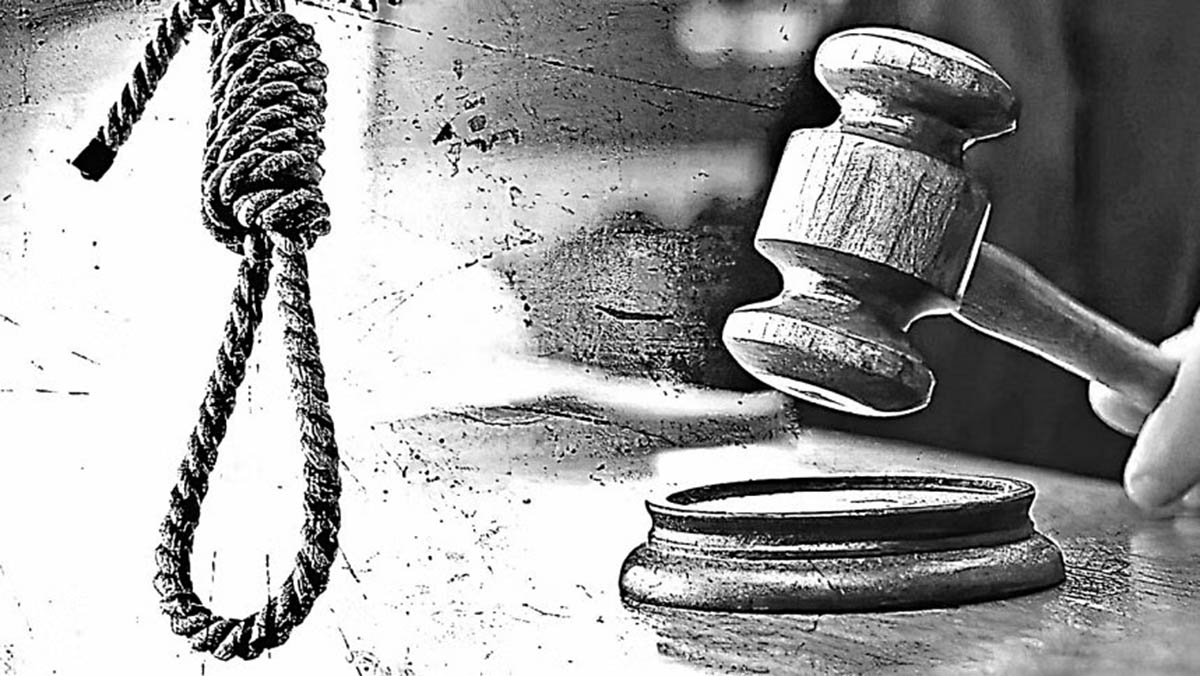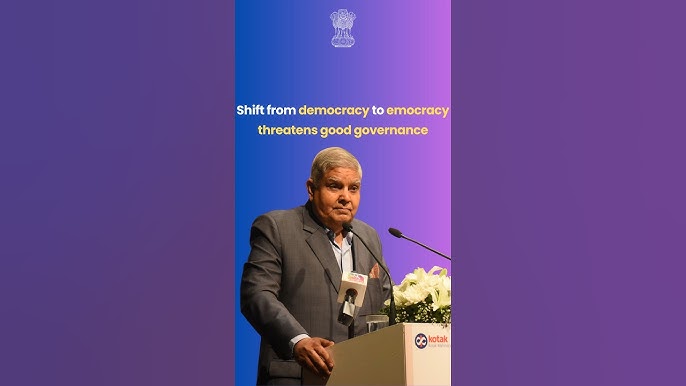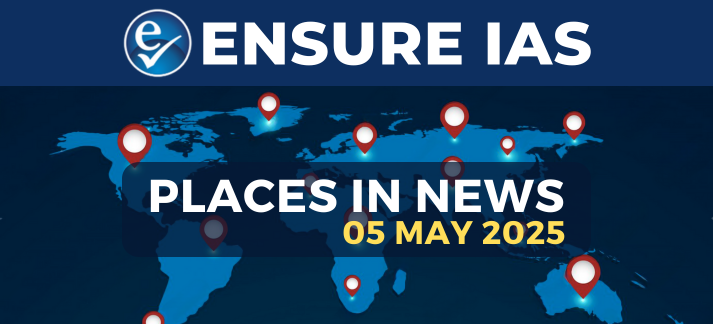- Courses
- GS Full Course 1 Year
- GS Full Course 2 Year
- GS Full Course 3 Year
- GS Full Course Till Selection
- Online Program
- GS Recorded Course
- NCERT (Recorded 500+ Hours)
- Polity Recorded Course
- Geography Recorded Course
- Economy Recorded Course
- AMAC Recorded Course
- Modern India, Post Independence & World History
- Environment Recoded Course
- Governance Recoded Course
- Science & Tech. Recoded Course
- International Relations and Internal Security Recorded Course
- Disaster Management Module Course
- Ethics Recoded Course
- Essay Recoded Course
- Current Affairs Recoded Course
- CSAT
- 5 LAYERED ARJUNA Mentorship
- Public Administration Optional
- ABOUT US
- OUR TOPPERS
- TEST SERIES
- FREE STUDY MATERIAL
- VIDEOS
- CONTACT US
Maharashtra Establishes Dedicated Cell for Mercy Petitions
Maharashtra Establishes Dedicated Cell for Mercy Petitions

Maharashtra has set up a specialized cell under the Additional Secretary (Home) to expedite the processing of mercy petitions for death row convicts. This move aligns with the Supreme Court's 2024 directive, which mandated all states and Union Territories to create dedicated units within their Home or Prison Departments for efficient handling of such petitions.
Mercy Petition: The Final Constitutional Recourse
A mercy petition serves as the last constitutional option for a convict sentenced by a court of law. It is an appeal made to the President or Governor seeking clemency. However, granting mercy is a discretionary act of grace, not a legal right.
Pardoning Powers in India
President’s Pardoning Power (Article 72)
The President holds the authority to grant clemency in various forms:
- Pardon – Complete absolution, removing all penalties.
- Respite – Reduced punishment considering special circumstances (e.g., pregnancy, disability).
- Reprieve – Temporary suspension of execution, allowing time for appeal.
- Remission – Sentence duration reduced while maintaining its nature.
- Commutation – Punishment substituted with a lesser form (e.g., death sentence commuted to life imprisonment).
The President’s power extends to court-martial cases, offenses under Union law, and death sentence cases.
Governor’s Pardoning Power (Article 161)
The Governor can also grant clemency but with limitations:
- Unlike the President, the Governor cannot pardon death sentences or court-martial cases.
Government’s Role in Pardoning Decisions
Both the President and the Governor exercise their clemency powers based on the government’s advice, as affirmed in the Maru Ram case (1980). They do not act independently in granting mercy petitions.
|
Also Read |
|
| FREE NIOS Books | |




